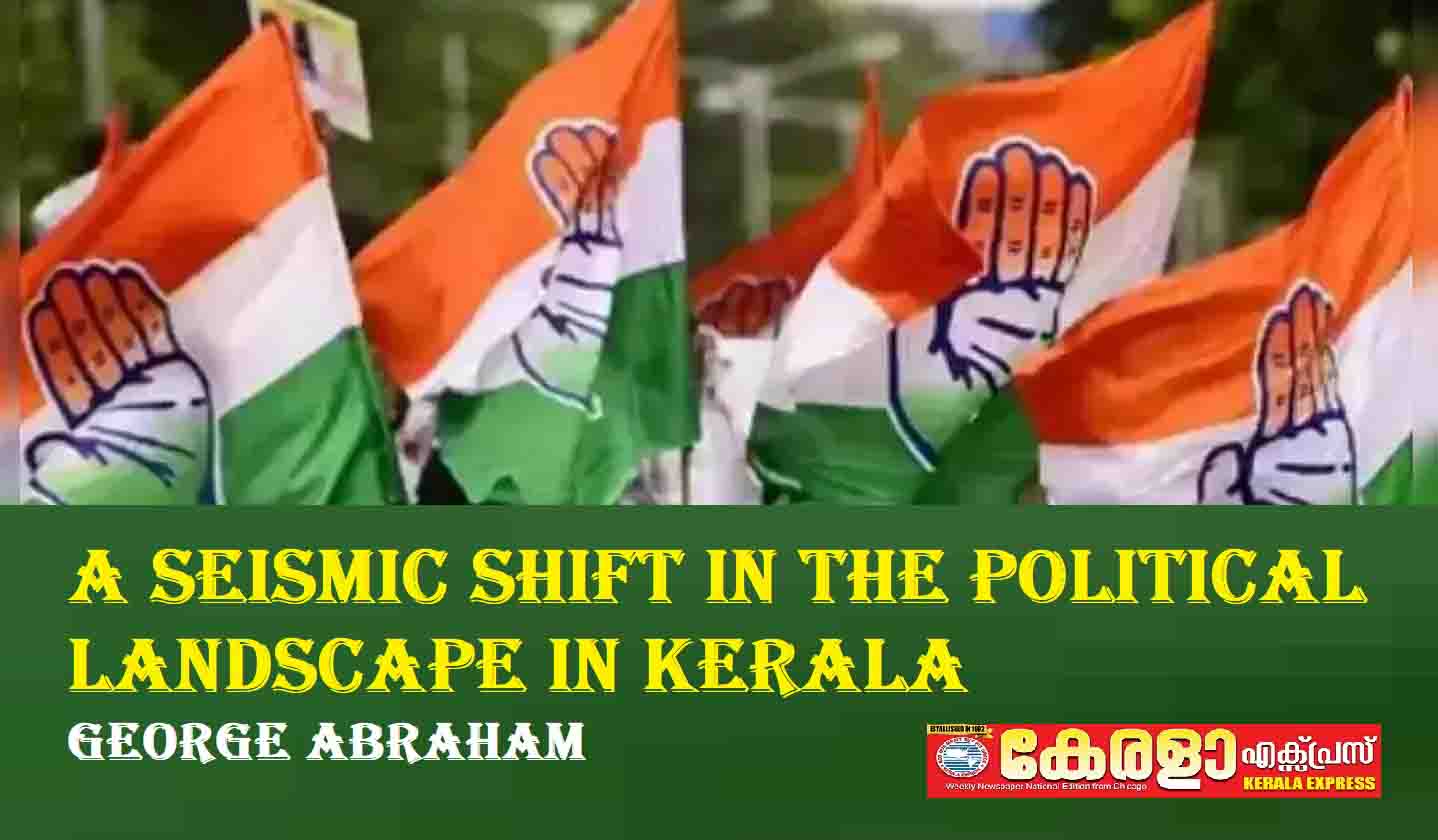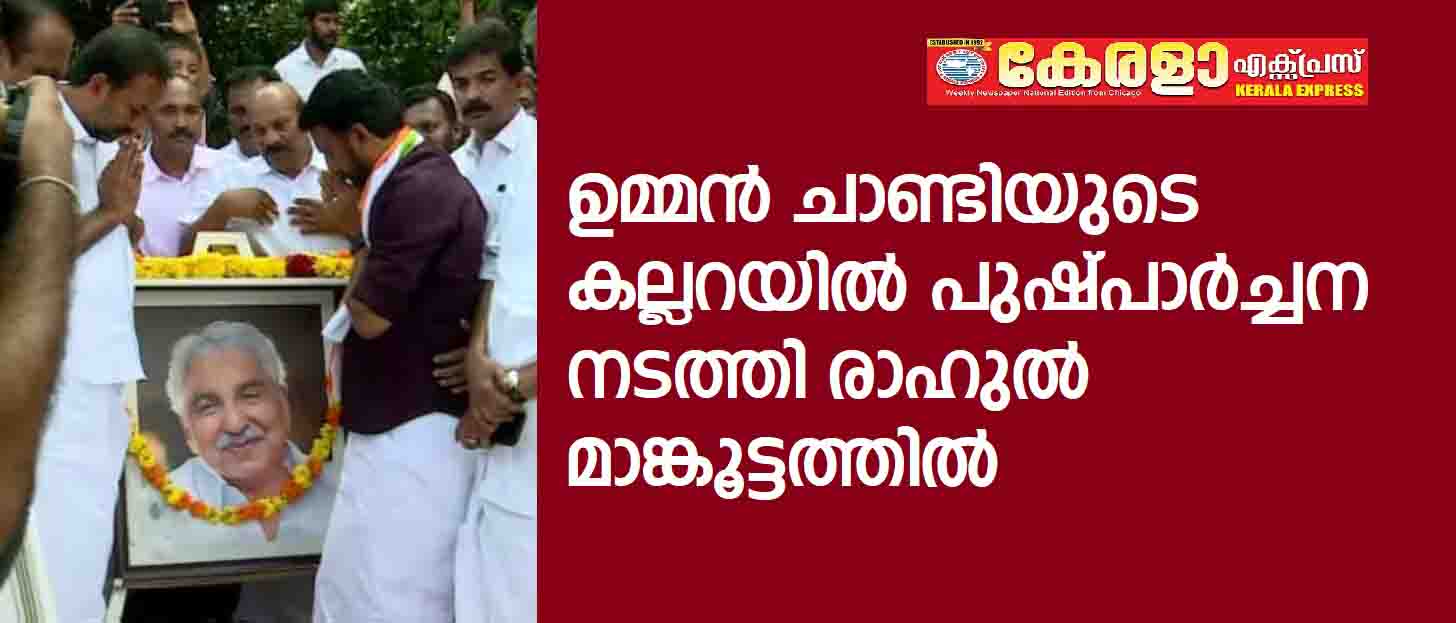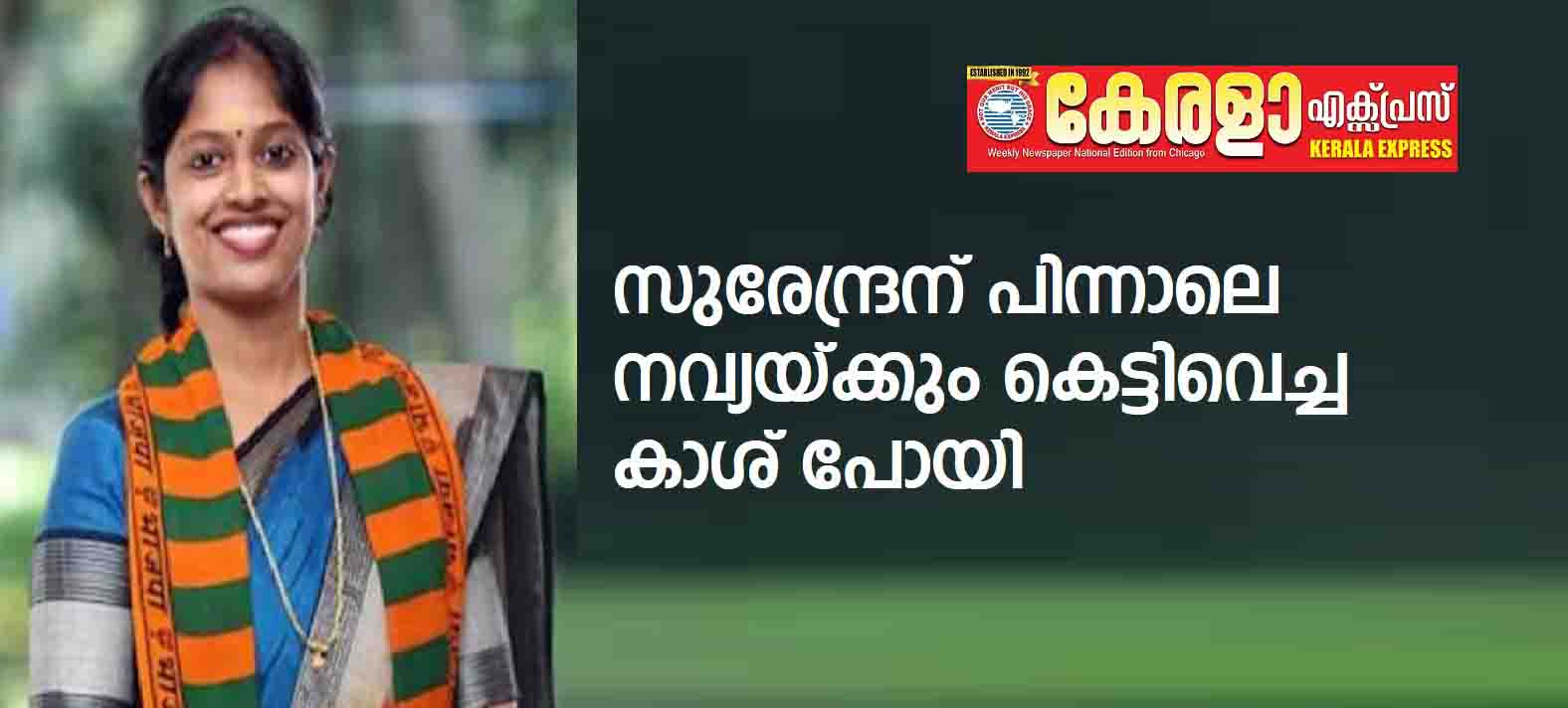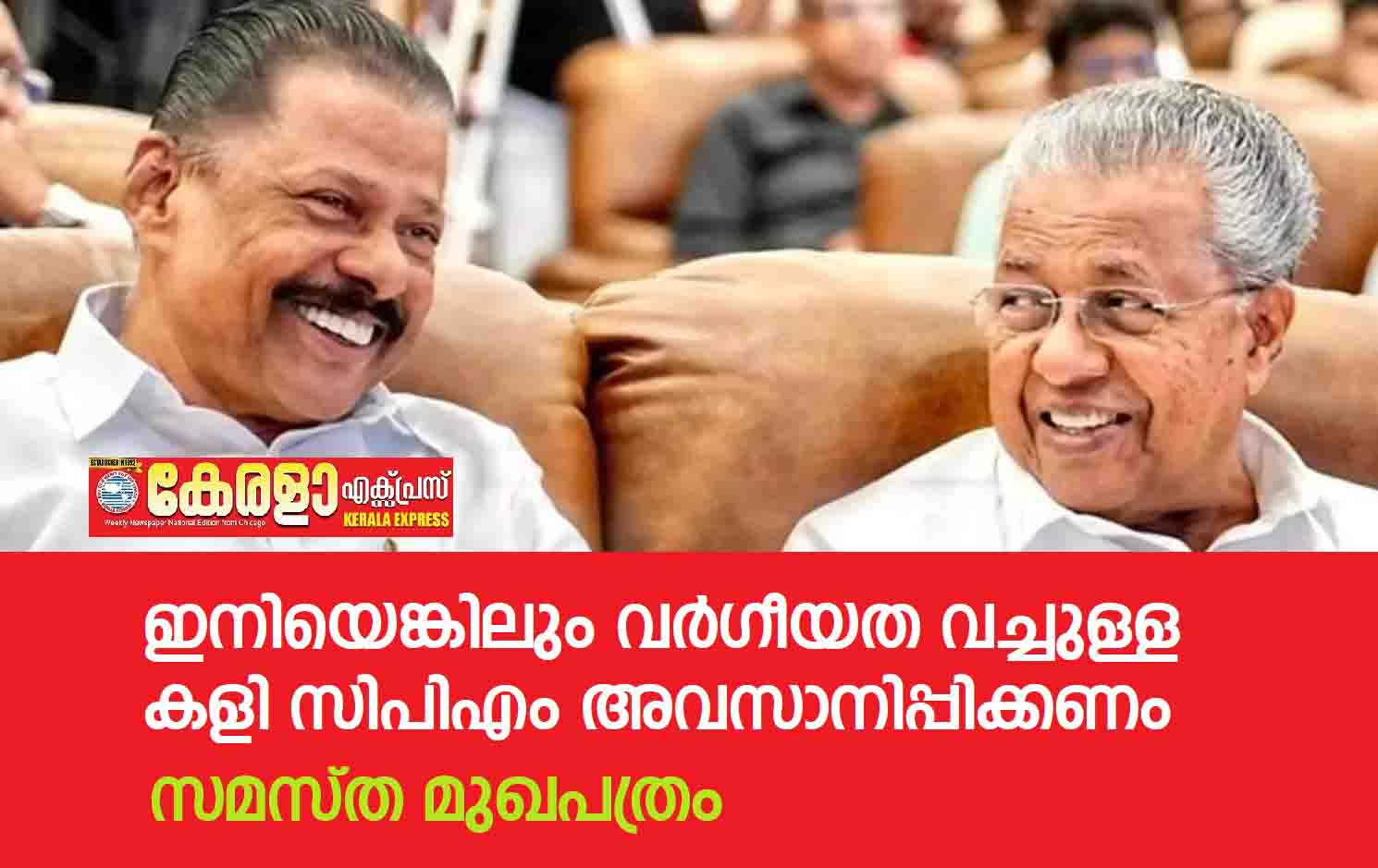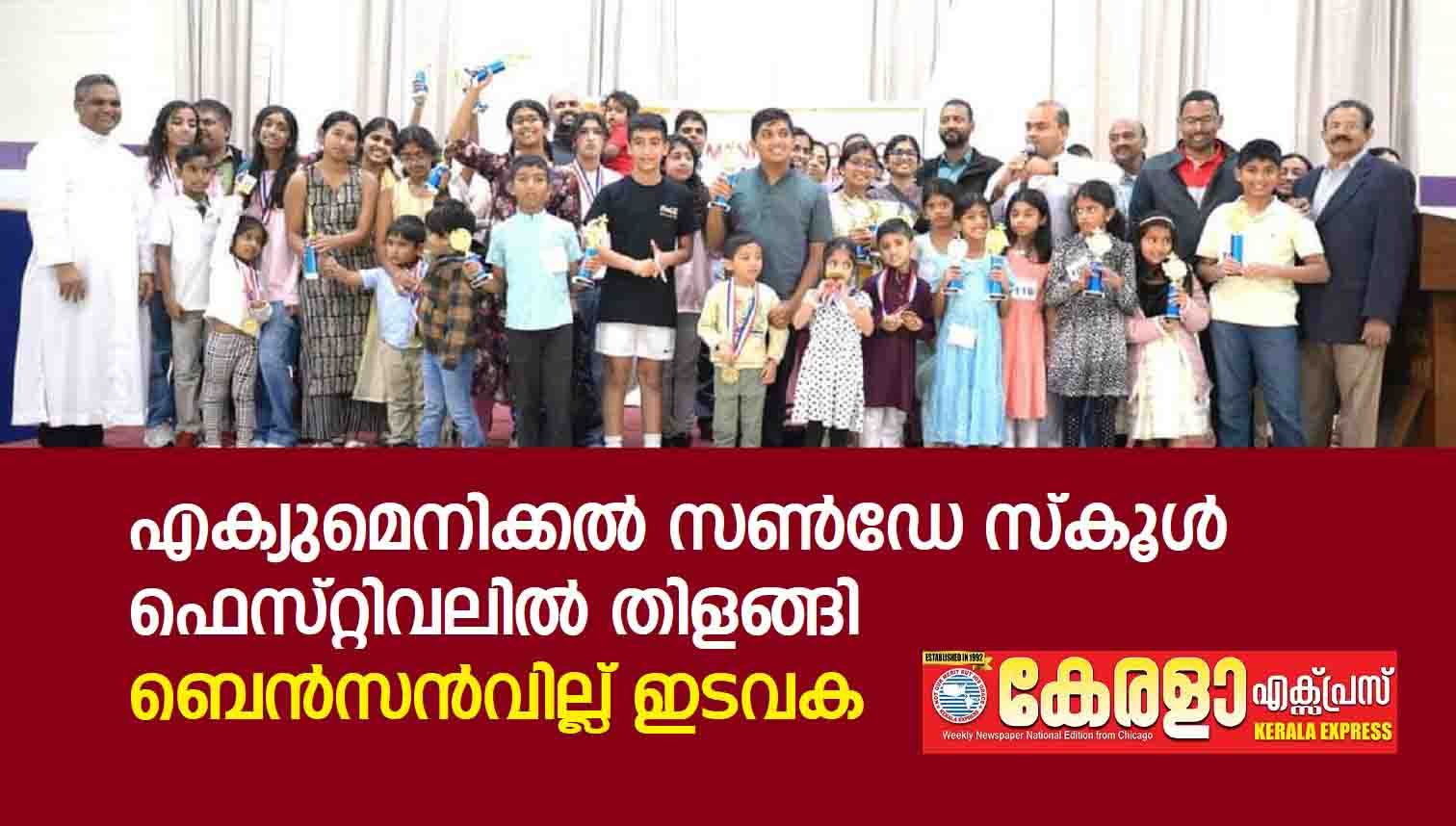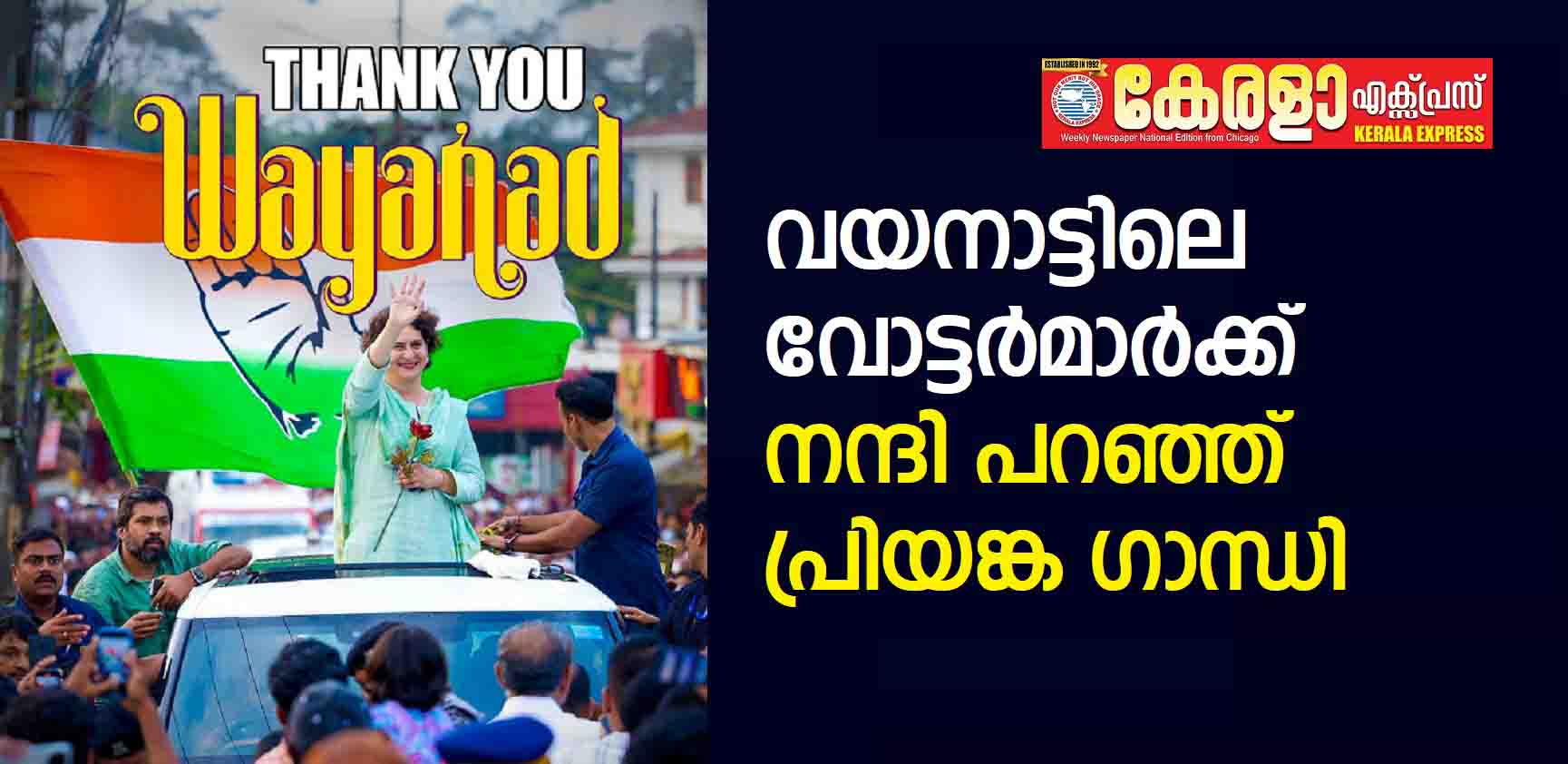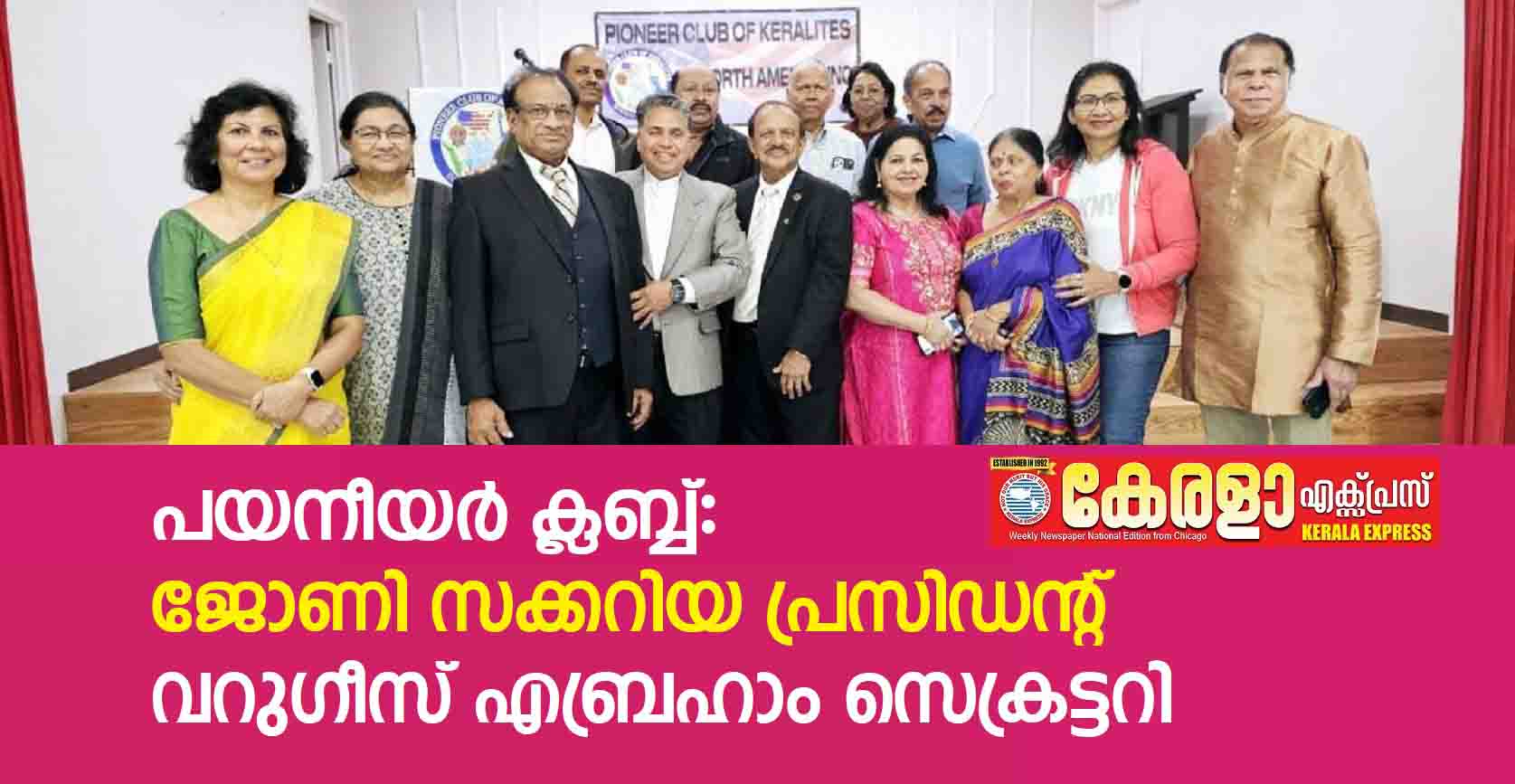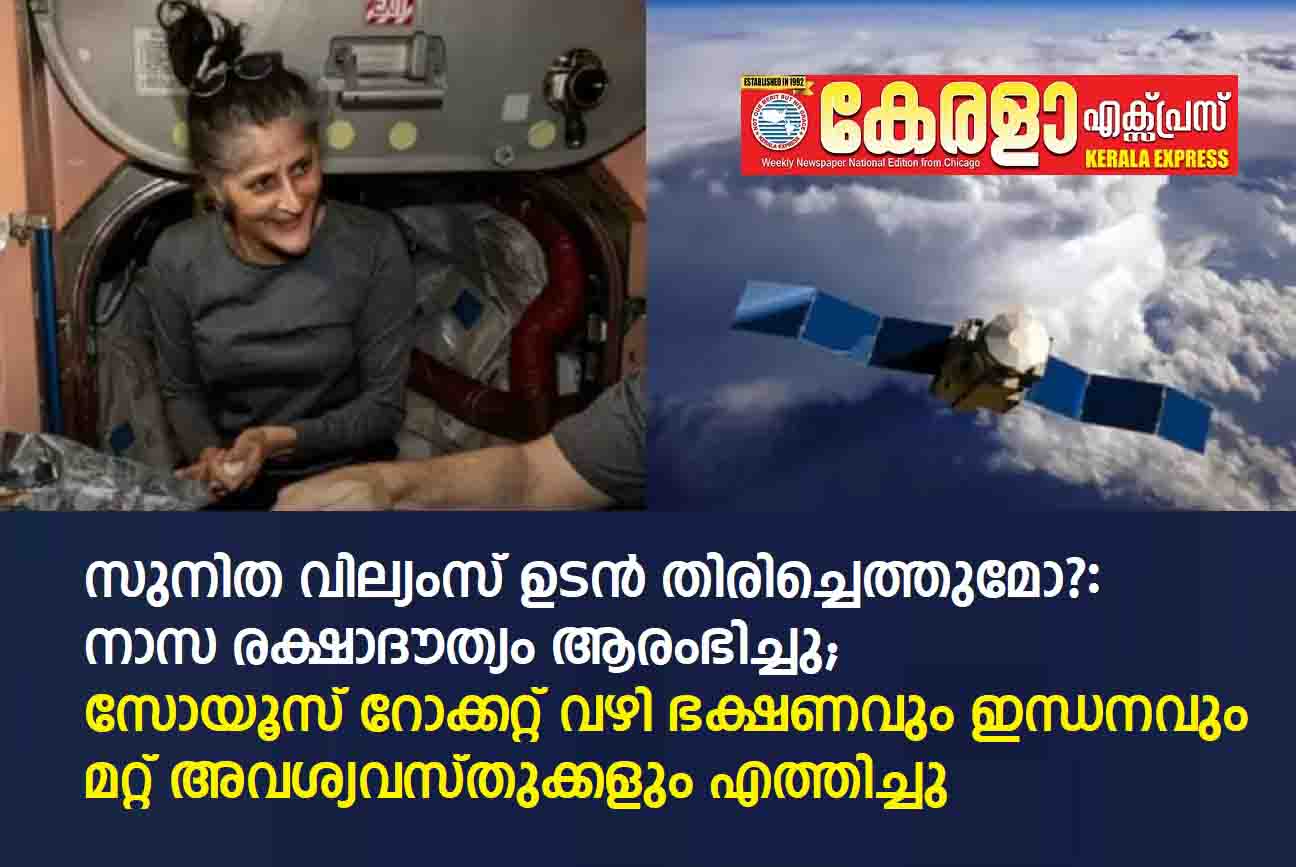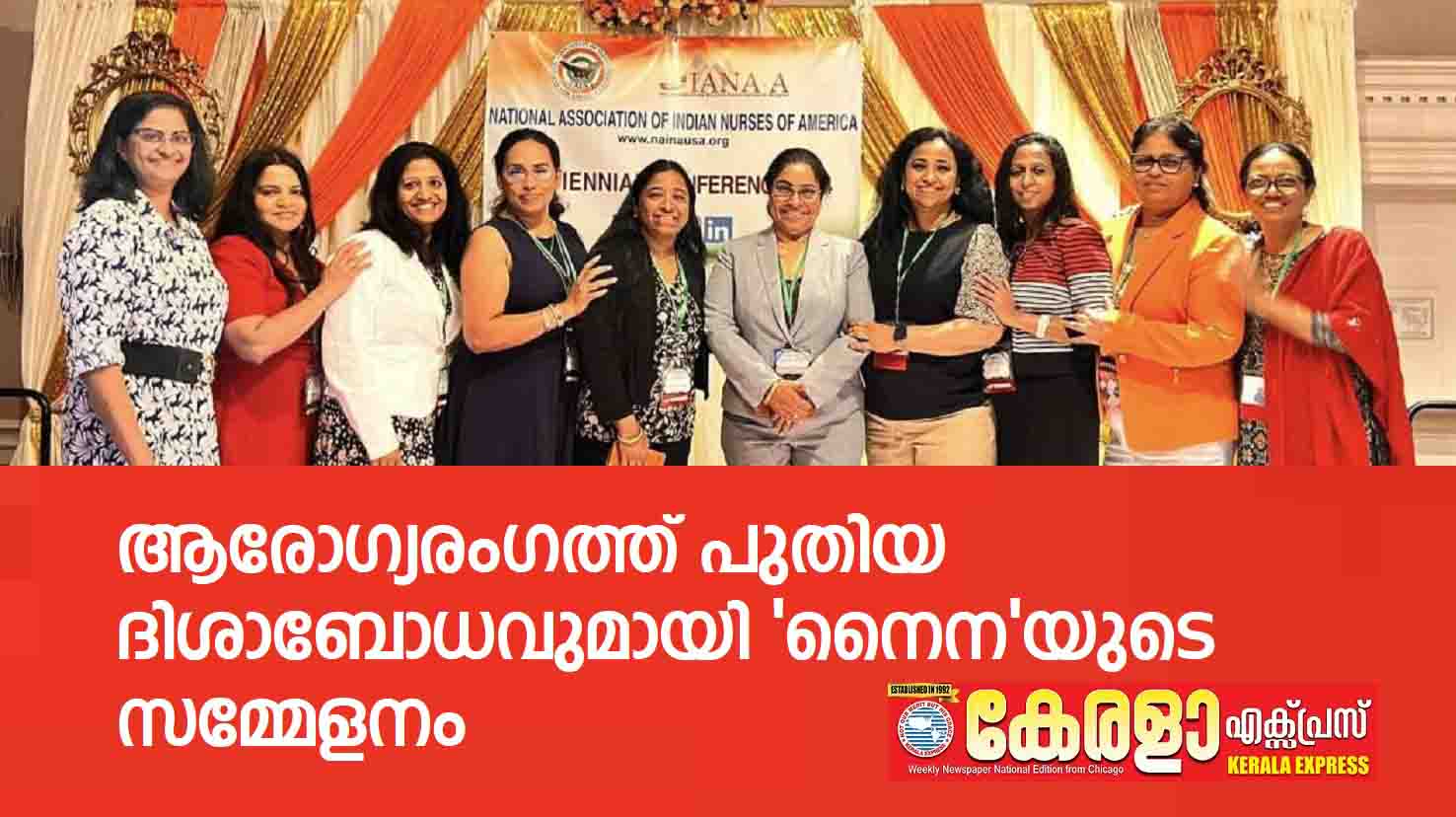Although I have gone to Thiruvananthapuram to campaign on behalf of Shashi Tharoor twice before, my experience this time has been quite extraordinary. For so long, I have taken for granted that Kerala is different and that communal politics will have little or no chance of succeeding as we are more enlightened through education and with a higher level of social consciousness. As a boy growing up in Kallissery, a small village in Central Travancore, I have never experienced the trauma of discrimination or conflicts based on my religious identity. Hindus, Muslims, and Christians lived side by side and went about their ways of living their lives without anxiety or fear
Although I have gone to Thiruvananthapuram to campaign on behalf of Shashi Tharoor twice before, my experience this time has been quite extraordinary. For so long, I have taken for granted that Kerala is different and that communal politics will have little or no chance of succeeding as we are more enlightened through education and with a higher level of social consciousness. As a boy growing up in Kallissery, a small village in Central Travancore, I have never experienced the trauma of discrimination or conflicts based on my religious identity. Hindus, Muslims, and Christians lived side by side and went about their ways of living their lives without anxiety or fear.
However, Kerala today, like the rest of India, is beginning to slide towards identity politics based on religion, and the prospects do not bode well for its future. Shashi Tharoor eked out of a victory only because the minorities in Neyyattinkara, Parassala, and Kovalam had come together and voted for him despite them having many reservations dealing with Vizhinjam port or other issues such as coastal soil erosions and lack of access. The denial of FCRA to the Latin Catholic Diocese and the killings and destruction of Churches in Manipur have weighed heavily on the minds of the locals in the coastal area as they have gone to the polling booths.
Another surprise to me throughout the campaign was the need for a more visible presence of Congress's own leaders at the district and block levels in supporting Tharoor's candidacy. Many simply stayed home, signaling unhappiness over some issues or a blatant desire to see Tharoor defeated. It has also been no secret that some of the senior leaders at the state level wouldn't be too disappointed if Tharoor disappeared from the political arena altogether because he might pose some significant challenges to their hegemony in the upcoming Assembly elections.
Rajiv Chandrasekhar, armed with unlimited resources and with scores of volunteers from RSS, has fought a vigorous campaign on behalf of the BJP. They appear to have reached each household with their literature extolling the 'Modi's own guarantee.' The Nair Service Society (NSS), which in the past refused to take a side during elections, appeared to have openly favored the BJP candidate this time around. In the past elections, whenever a BJP candidate was in the lead or poised to win, Congress and the CPM supporters would switch their votes and spoil BJP's chances. However, there has been a noticeable shift in that attitude now, and people are either less worried about the prospects of BJP taking root in Kerala or actively welcoming their representation in the future.
Moreover, a more worrisome development has taken place in the area of support for the CPI (M) from its traditional party base. There is no doubt that the Ezhava community has been the backbone of the party for decades, faithfully delivering their votes and keeping the Communist party relevant in Kerala while they are extinct elsewhere in India. They have proved in this election that they are no longer rubber stamps as the more educated young people began to evaluate issues and render judgment not so from traditional perspectives. The erosion of support for CPI (M) in the election is no longer viewed as a transitional one but a permanent shift that would spell serious trouble for the future of the Communist Party in Kerala.
It is time for the Muslim community as well to take stock of the current situation and mitigate the dwindling support for secular causes and the parties that are carrying on with the messaging. When the Oommen Chandy administration was at the heights of its glory days, the Muslim League, an essential partner in the Coalition, suddenly started demanding a "Fifth Minister' in the cabinet, to the ire of all other communities. It is well recognized that it is a growing community and should be recognized as such; however, bargaining over the issue publicly and the eventual capitulation by the Chief Minister not only diminished the image of his governance before other communities and even today, many feel that that was the beginning of the end for his administration and the Congress Party never recovered from that fiasco.
The recent statements by Vellapally Natesan, leader of the Ezhava Community, point to the apparent 'appeasement' to the minorities in the recent decisions dividing the Rajya Sabha seats. There is also a growing perception that CPI (M) is focusing on expanding its base, even welcoming the past members of the 'popular front, a banned radical Islamic group that was accused of severing the hands of Professor Joseph from Thodupuzha in the name of religion. A study done by Daniel Levitsky of Harvard University observed that 'tyranny of the minority' could take a democratic system to a breaking point, whether it is a fringe group from the right or left, which weakens democratic norms and could lead to authoritarianism. That may very well apply to any minority group that forcefully pushes a sectarian agenda at the expense of a majority point of view. A multi-racial and multi-religious democratic society is hard to achieve unless the majority and the minorities carefully treat it with kid's gloves.
The Christian community is also caught on the web of these evolving dynamics. They feel that minority benefits are mainly pitted in favor of the Muslim community, and their stand justifying the conversion of the Hagia Sophia in Turkey to a Mosque reveals their masked intentions. Recent marches with hateful slogans by radical groups threatening the peace and harmony of the state have also alienated many Christians from the longstanding relationships between these two minority communities. The protests and condemnations by UDF and LDF leaders on the ongoing Israeli-Palestinian crisis have also raised the question as to why there is less intensity when it comes to Manipur, which is right in our own backyard.
The BJP finally succeeded in opening an account in the Trichur constituency. There are multiple arguments as to how that victory became possible and Suresh Gopi’s (a movie actor) attainment of success, as a candidate. However, it is now quite evident that the traditional supporters of UDF and LDF willingly switched their votes to BJP, including a substantial portion of minority votes. It is regrettable to see that many in the Christian community have voted for a party that is creating havoc for Christians in many parts of North India, killing them, destroying churches, disrupting church services, arresting leaders, and imprisoning them on false charges. BJP is very shrewd in showing its devious double face by donating a crown for a statue of Mary and distributing Christmas cakes in Church centers. How soon do they forget that one of the first acts of the Modi administration was to rename Good Friday and Easter and cancel them as holidays for government employees or twenty thousand of educational and charitable institutions belonging to Christians are cutoff from any foreign funding?
The primary reason Kerala's socio-economic and political situations were tranquil and immune from any communal upheaval till now is the absence of active Sangh Parivar organizations such as Bajrang Dal and VHP supported by the BJP. That is about to change now as the BJP takes root in Kerala. As I have visited the Tribal areas of Neyyar Dam in Thiruvananthapuram, it has been already evident that these radical organizations are spreading their wings, and there were instances where they began to object to meetings on public grounds by traditional Christian groups annually conducted for years.
The CPI (M) led LDF administration headed by Pinarayi Vijayan has been one of the most corrupt governments in Kerala's history. The current crop of leaders provides lip service to Marxist philosophy while working with crony capitalists to accumulate wealth and promote their offspring. They send their children to top schools in India or abroad and turn them into businesspeople while using government machinery to enrich themselves. The people are obviously watching this in horror and disbelief as the party once championed the cause of the working class, and the poor have now become the tools in the hands of crooked traders and corrupt business people who lack any morals and ethics in their way of achieving financial success. As the Communist party loses its soul and repudiates its ideals, it is only a matter of time before they become irrelevant, as in West Bengal and Tripura. Although the CPM and Congress are allied in the INDIA coalition, the communist leaders in Kerala mostly trained their guns on the Congress party and its leadership. It is widely believed that there were strong undercurrents linking CPI (M) and BJP, as well as the vulnerability of Pinarayi Vijayan, who is facing numerous corruption charges. The lack of inquiries by central agencies into the business dealings of the Chief Minister and his daughter conveys nothing but a BJP's strategy to destroy Congress first and then deal with the CPI (M). Pinarayi's lack of criticism of Modi and his repeated attack only on CAA during the campaign revealed their dual strategy of protecting their interests while trying to appease one particular religious group.
Like an adage in America, Congress Party has too many Chiefs and no Indians! The party lacks grassroots workers. It is top-heavy and filled with leaders who need more connection to people on the ground. Only some volunteers do the essential work or take the message to the people. Every small chore, a poster on the wall, must be paid for, and some others take the money in but never deliver the goods. While assembling a small team of congress supporters in Neyyattinkara, I suffered the wrath of some so-called leaders who criticized our efforts. The groupism in the Congress party in Kerala is a curse and partly the reason why they couldn't just reorganize the Pradesh Congress Committee so many months after the new KPCC President was sworn in. If the Congress Party had won 16 seats from Kerala, it was not due to the strength of the party apparatus but only because of the people's desire to see Modi go. Even one of the most unpopular candidates from Pathanamthitta won the election just for that reason.
The primary reason the BJP was kept at bay in Kerala until now was due to the strength of UDF and LDF; both promoted secular values and governed, promoting social and economic progress. Although there were arguments and demands by various castes or religious groups for favors and benefits, religion was never used as a wedge to divide people. That is about to change now, as well as the BJP is expanding its reach beyond the upper caste Nair community and attracting the OBCs and ST/SC and Tribals. Kerala's political situation is getting ready for a makeover. The joining of Christians, even if a misguided tiny fraction, will give them more latitude and acceptance, especially in areas like Central Travancore.
BJP carves out a position for themselves and cultivates their growth in multiple ways. They appeared to have held the lead in Eleven Assembly constituencies in the parliamentary elections that just concluded. That gives them a solid foundation to build on toward getting Five or more seats in the 2026 Assembly elections. Once they accomplish that set goal, they will be flexible in joining one of the coalitions. Those who have seen their handiwork in Kashmir, Bihar, and Maharashtra know that they would eventually outsmart them all and take over the governments. The other tactic is their so-called Gujarat model of creating riots and mayhem and pitting citizens against each other based on religion. Communal riots in 2002 resulted in perpetual rule by the BJP, and there is no end in sight for the near future.
Whatever the model BJP will pursue in Kerala is still uncertain. But to any astute political observer, the political landscape has been permanently shifted. The younger people living around the Technopark in Thiruvananthapuram couldn't care less about whether Rajiv Chandrasekhar was a BJP candidate. They are looking for jobs, and RC, while campaigning as the IT minister for the central government, has persuaded them to support him, resulting in his taking the lead in the Kazhakoottom constituency. Although we should understand their growing concerns about the lack of opportunities in the state, it is preferable to see a new generation growing up with fundamental values and social commitment.
It is time for UDF and LDF leaders to introspect and figure out how they could be genuine competitors in Kerala for governance while keeping the real adversary at bay. If they fail to understand the gravity of what is happening under their feet, they will not only be negligent in discharging their commitment to their long-held ideology but may also place the peace and harmony Keralites enjoyed for generations at greater risk. The message from the last election is loud and clear: if any of these two coalitions falter, the BJP is ready and prepared to fill the gap.
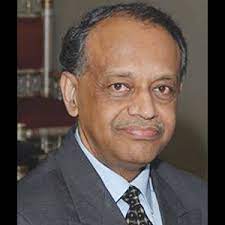
George Abraham











